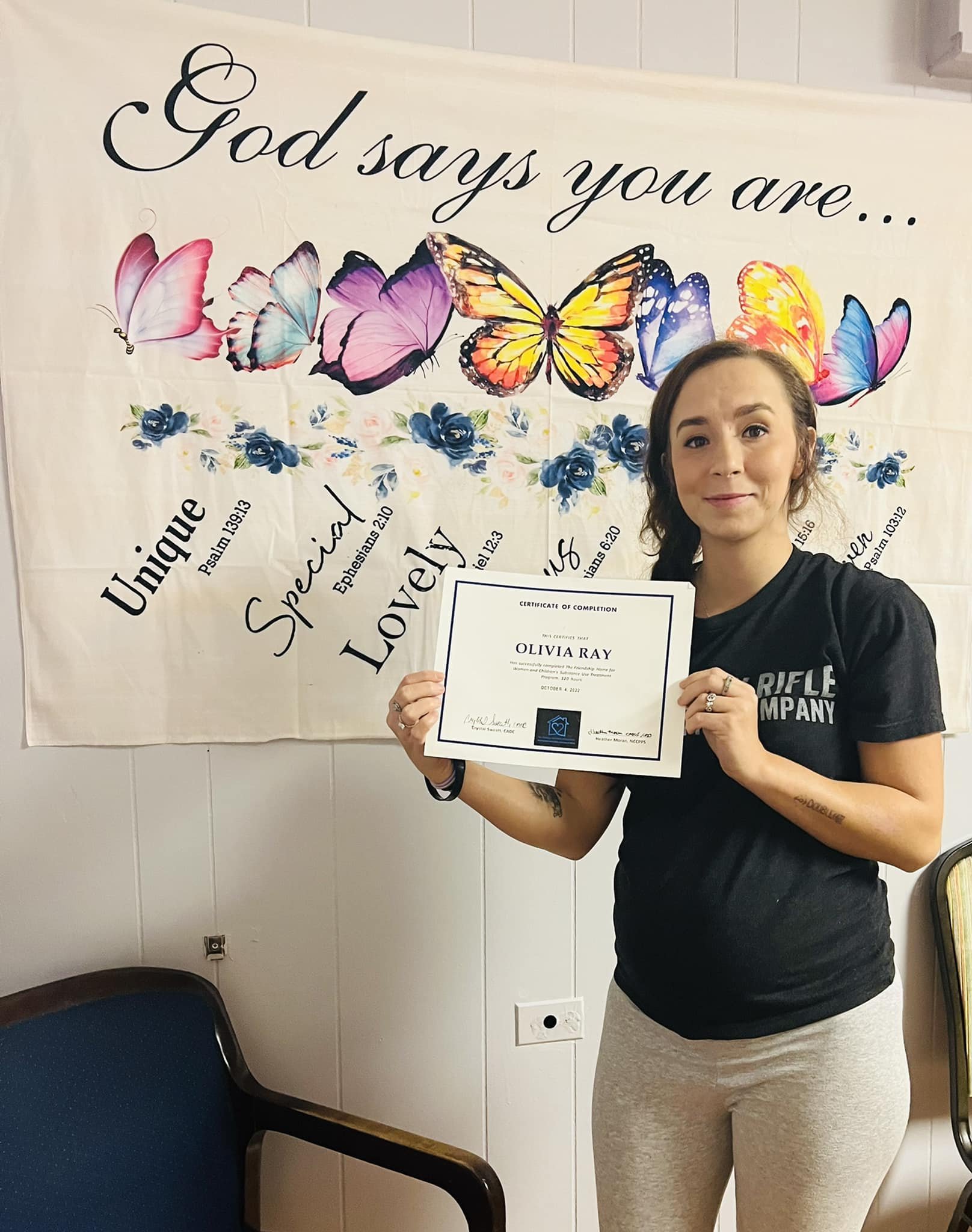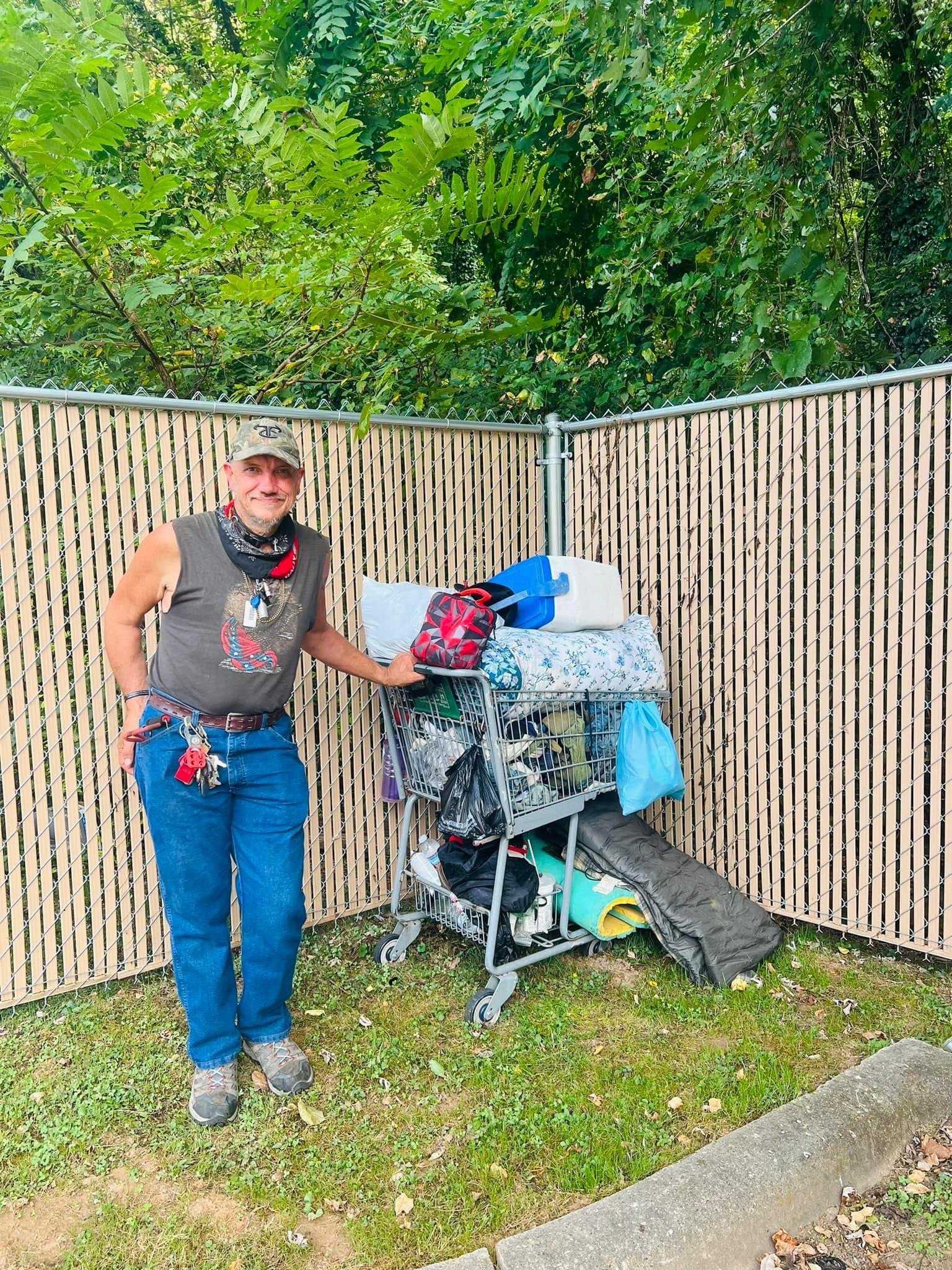
Our Programs
Emergency Shelter Services at Mission Ministries Alliance
Mission Ministries Alliance operates two low-barrier shelters to provide critical support to those experiencing homelessness. Our shelters are designed to meet individuals where they are, offering a safe environment and comprehensive support to address each resident's unique needs.
John Thompson Center for Men provides emergency shelter and support services for up to 21 men, while The Friendship Home for Women and Children accommodates up to 37 women and children. Both shelters operate 24 hours a day, ensuring continuous emergency shelter and services until residents' housing needs are met. Individuals are welcome to stay with us for up to 12 months as they work through the underlying issues contributing to their homelessness. We offer a range of supports, including evidence-based practices, faith-based community support, peer support services, and referrals to local service agencies, helping residents overcome barriers and build a stable foundation for the future.
Comprehensive Support Services: Mission Ministries Alliance staff work diligently to support residents address a wide range of barriers to stable housing. Our support includes assistance for those struggling with substance use disorder, mental illness, joblessness, lack of personal identification, criminal history, parenting skills and reunification pathways, developmental disabilities, personal wellness, and financial management.
HPWNC (Homeless Project of WNC)
HPWNC Homeless Project of WNC team supports unsheltered individuals with substance use disorder and co-occurring disorders navigate complex systems.
Services include support with applying for Medicaid, SNAP, housing, MATCH referrals, detox/treatment referrals, harm reduction, and a network of community support tailored to meet your unique needs.
Case Managers advocate on your behalf, empowering you to discover and create the life you envision. Peer Support Specialist walk alongside individuals on their recovery journey, meeting them where they are and challenging the stigma and myths surrounding mental health and substance use disorders.
Housing
We provide housing stabilization services, homelessness prevention and diversion, financial assistance, and rapid rehousing services using the Housing First Model which includes case management and support while in housing. Housing First is a homeless assistance approach that prioritizes providing permanent housing to people experiencing homelessness, thus ending their homelessness and serving as a platform from which they can pursue personal goals and improve their quality of life. The Housing First Model is guided by the belief that people need basic necessities like food and a place to live before attending to anything less critical, such as getting a job, budgeting properly, or attending to substance use issues.
The Housing First approach views housing as the foundation for life improvement and enables access to permanent housing without prerequisites or conditions beyond those of a typical renter. Supportive services are offered to support people with housing stability and individual well-being.
Street Outreach
We provide a street outreach program that identifies and engages people living in unsheltered locations, such as in cars, parks, abandoned buildings, encampments, and on the streets. We reach people through our Street Outreach program who might not otherwise seek assistance, and we ensure that people’s basic needs are met while supporting them along pathways toward housing stability. We provide case management, life skills education, crisis counseling, connection to community partners, peer supports, harm reduction, and - most importantly - housing. We also provide food, clothing, blankets, toiletry items, and other necessities to those experiencing unsheltered homelessness.
(HOP) Healthy Opportunities Pilot Program
As a Human Service Organization (HSO) partnered with Impact Health, Mission Ministries Alliance is proud to offer services through the Healthy Opportunities Pilot (HOP) program. This collaboration allows us to provide critical support, including utility assistance, help with first month’s rent and security deposit, housing search and case management, move-in support, healthy home goods, and even vehicle repairs. If you're enrolled in Medicaid Managed Care, you may qualify for these free services!
For more information, please contact us at hop@m3life.org or visit impacthealth.org/hop.





